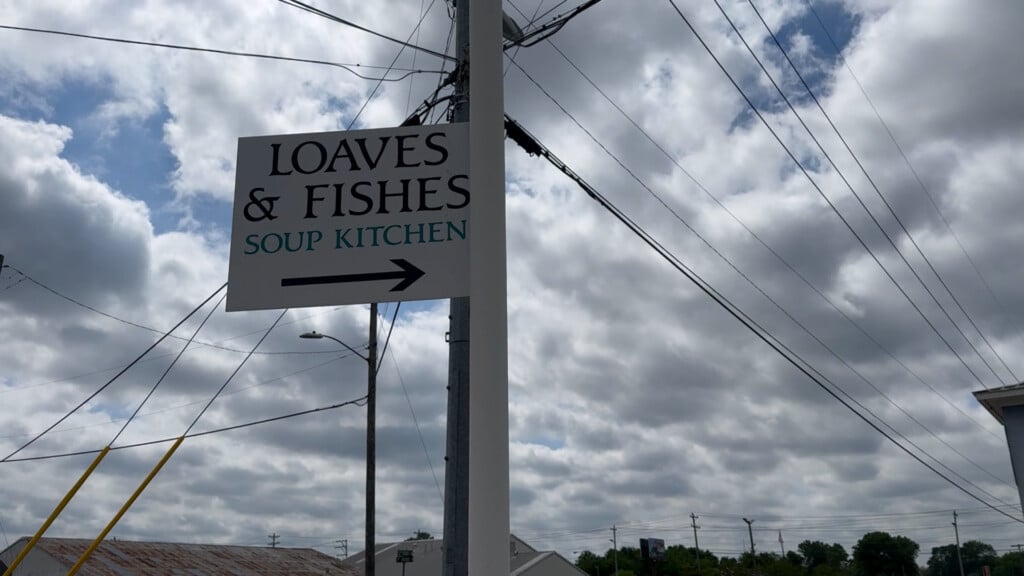Examining security at small airports after Tupelo plane theft
COLUMBUS, Miss. (WCBI) – Saturday’s incident involving the stolen plane in Tupelo has raised concerns about security measures at smaller airports.
A former member of the National Transportation Safety Board told the Associated Press on Saturday that the “vulnerability of small airports” has “worried security experts for years.”
“Although that airplane is a small airplane, it carries about 400 gallons of fuel, fully loaded,” says aviation consultant Mike Hainsey. “So he could’ve caused some damage.”
Plenty of people feared the worst after 29-year-old Cory Patterson stole a plane and threatened to crash into a Tupelo Walmart Saturday morning.
“You don’t see events like that very often in aviation,” says Matt Dowell, Executive Director for the Golden Triangle Regional Airport. “I know it’s still under investigation. And I’m sure there’ll be some lessons learned after they finish their investigation.”
Dowell says that one of the main reasons events like the one in Tupelo are so rare is due to the multiple levels of security in place specifically designed to prevent them.
“There are vetting processes for pilots, for airport employees…multi-agency oversight,” Dowell says. “I can’t really go into it in detail because there is those layers of security that that are not available to discuss with the general public.”
In addition to their three commercial flights, the Golden Triangle Regional Airport houses around 30 small private planes.
“One of the things that makes us unique, is we do have commercial service, which means we have high safety standards, just like other commercial service airports,” Dowell says. “We’re held to the same standards as large commercial service airports.”
Federal Aviation Administration records show the aircraft was a Beechcraft C-90-A Turbrprop. Tupelo Police say Patterson had taken flight instruction but was not authorized to fly the plane.
However, he did have access to the plane because of his job at Tupelo Aviation.
“It’s very unusual for pilots with very little experience, just in the training world, to be able to start it up, take it off,” Hainsey says. “And it’s even more unusual for them to be able to land it safely.”
Hainsey has decades of flying experience in the Air Force and as a civilian.
“In my 45 years of flying, I can count on one hand the number of times, nationwide that this has happened,” he says. “It’s very rare because of the layers, because of the steps people take to make sure it doesn’t happen.”
Dowell and Hainsey say that constantly updating security is a staple of the aviation industry but any changes resulting from what happened in Tupelo may have to wait until the ongoing investigation by local, state, and federal agencies is finished.




